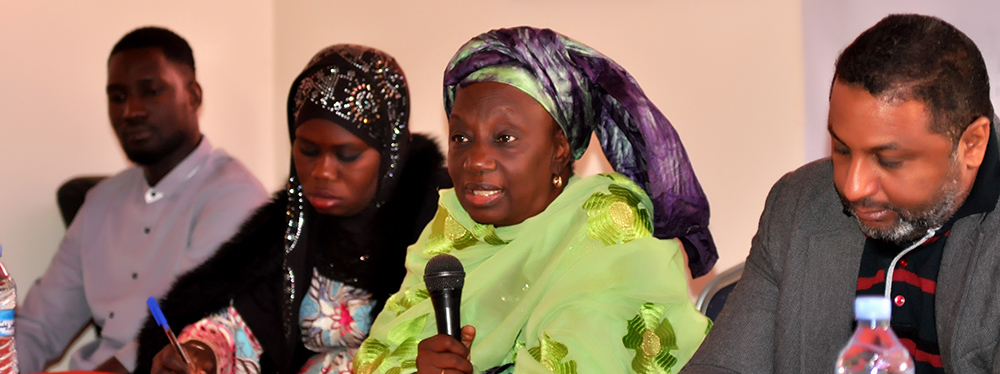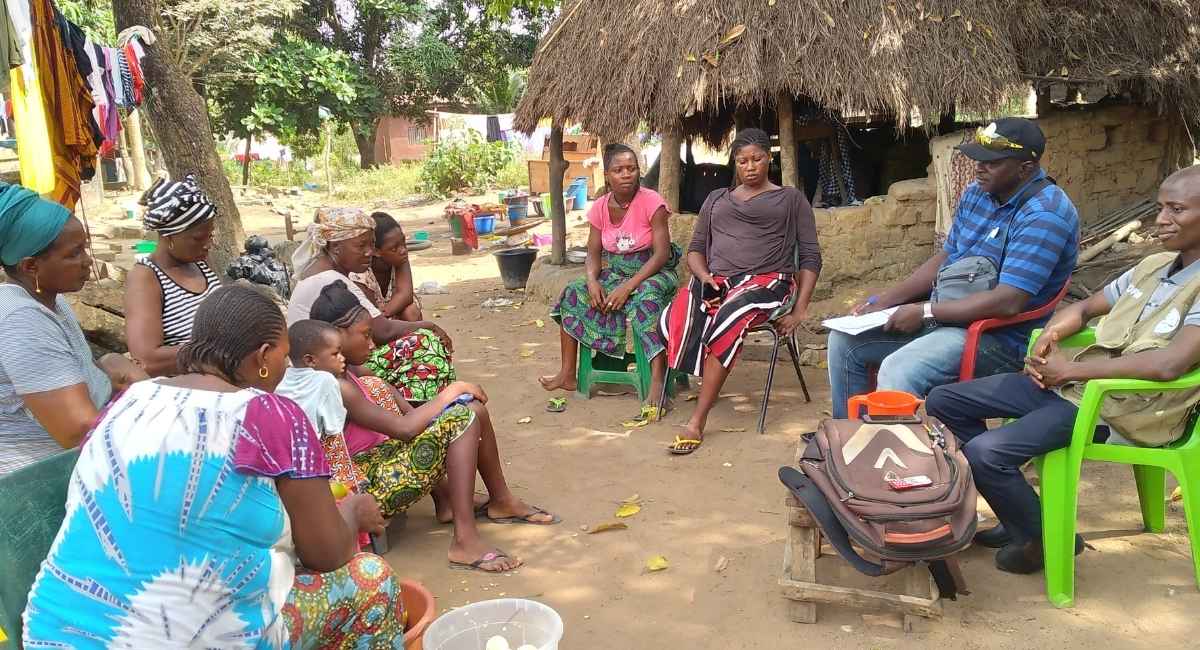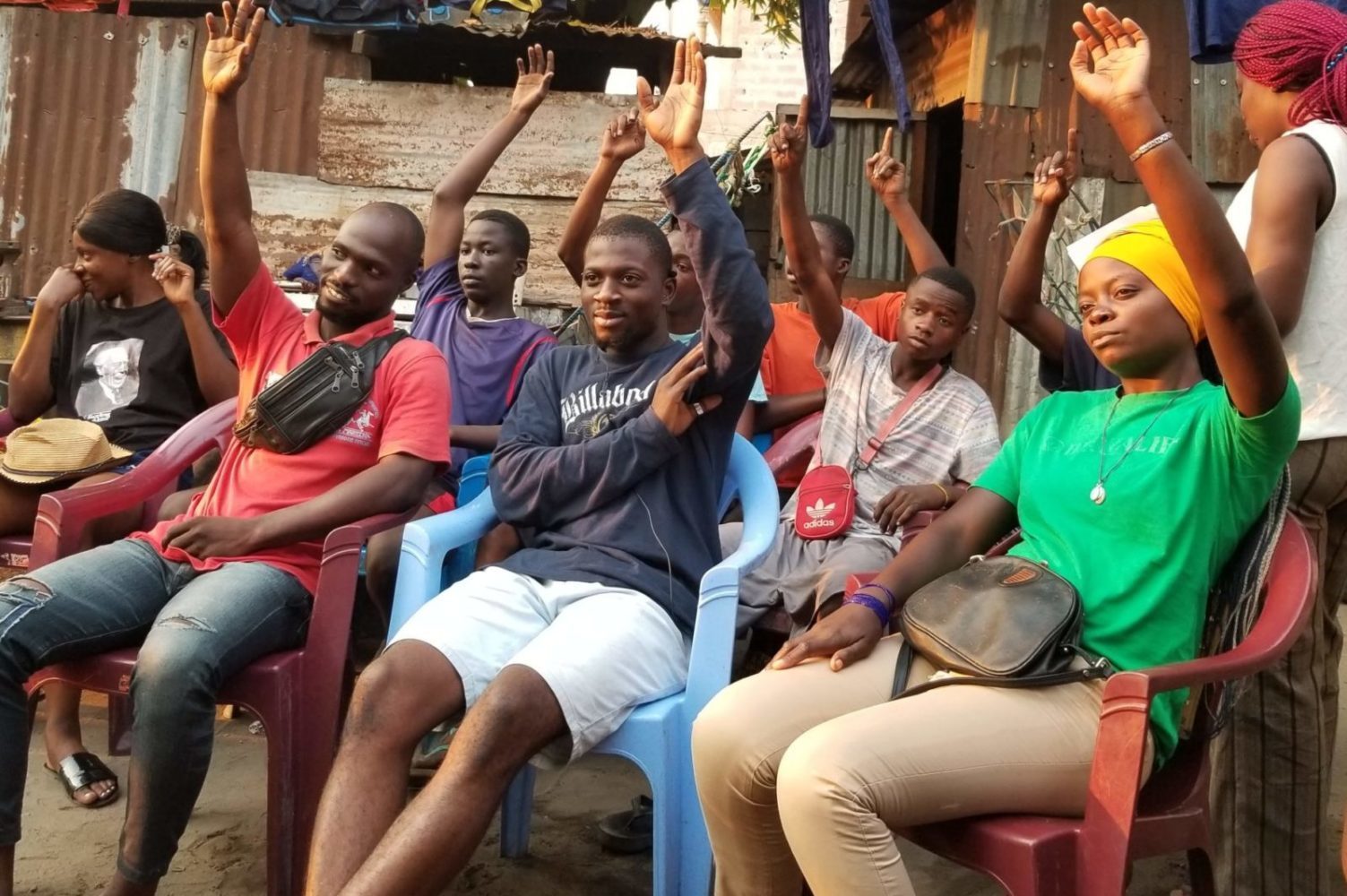Sokhna Ly is the founding chairperson of the Federation of women’s savings and credit associations (Mafec), one of the first endogenous microfinance institutions. Since its creation, this federation of more than one thousand members has established itself as a key microfinance stakeholder at national and sub-regional level.
Can you please tell us about your organisation and your partnership with the Farim project led by GRET?
The Federation of women’s savings and credit associations (Mafec) was set up in 1994. At the time, Mafec was responding to needs expressed by a group of women experiencing problems in securing savings and access to credit, drawing on the experiences of traditional associative forms. The approach taken aimed to develop contacts with the internal organisation of tontines and other traditional associations to mobilise the women’s savings, facilitate their access to financial services, contribute to their economic and financial education, strengthen their entrepreneurial capacities and promote an innovative women’s micro-insurance.
Mafec effected changes in strategies for access to credit. The provision of financial services to women, the majority of whom are excluded from formal circuits, was an opportunity to create a framework for effective mobilisation of this target group. After approximately twenty years of operation, the federation – in response to its members’ and clients’ expectations – identified other non-financial needs, including access to cooking energy. To meet this challenge, Mafec set up new partnerships with stakeholders promoting clean cooking solutions. The partnership between Mafec and GRET’s Farim project was established in 2016, targeting in particular Fayda improved cooking stoves.
How important is cooking energy for you and for Mafec?
Cooking energy is a very important part of women’s daily life in general, and even more so for women in the Sahel. Cooking habits and practices require a relatively long cooking time because of the type of food, and also to destroy germs and parasites from the natural environment. Family sizes, the length of preparation of main meals and volume of fuels used are important factors for cooking energy. According to distribution of tasks in households, preparation of meals and all related operations are still carried out mainly by women and this is why they are directly concerned by cooking energy. For the women who are members of the federation, experiencing multiple pressures related to the preparation of meals, the financial cost of cooking energy and health risks, Mafec integrated access to cooking energy to mitigate economic, social and health effects. Reduction of cooking time and of expenditure on fuel, together with prevention of the risk of illnesses caused by smoke fumes, burns and other detrimental effects are significant.
For the federation, access for clients to cooking energy that saves time, resources and ensures good health facilitates better promotion of profitable economic activities carried out by women that are likely to ensure its financial and social viability over the long term.

In your opinion, what measures should be taken to make the Fayda stove value chain sustainable?
Firstly, I think artisans’ and producers’ skills should be strengthened to provide a quality standardised product that meets the needs of those who use it. I also think it is crucial to coordinate all the other stakeholders in the cooking energy sector to best adapt supply to demand, in particular via inclusion of women in the stove design process, because they are its main users.
In addition, the use of local raw materials to manufacture the stoves and the development of a customer service to replace faulty parts should receive greater focus. Lastly, capitalisation of all the partners’ experiences would be an effective means to facilitate the promotion of the improved stoves at national level.
To conclude, let’s recall that involvement of the State and its appropriation of this technology are imperative to make the value chain sustainable.





